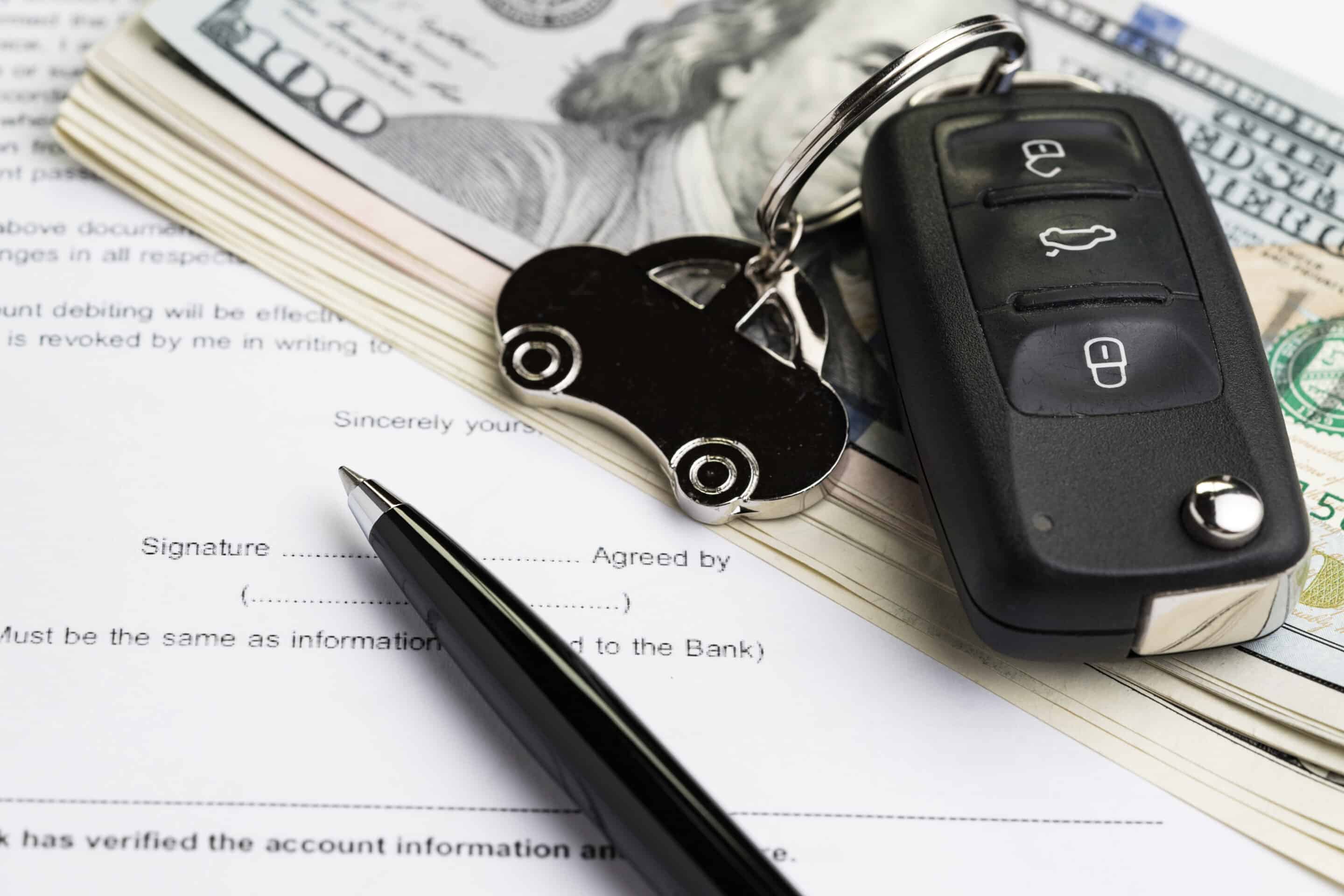If you’ve ever bought a new car, I have a question for you: Did you think about financing as much as you thought about which car model to buy? Most of the time, the answer is “no.” But believe it or not, doing the research on financing a car before purchasing one is highly encouraged.
Before you do that, though, you need to know what your options are. We’ve listed three common ways to finance a car and the pros and cons of each to help you before you hit the open road on your car buying journey.
Financing Through a Car Dealership
It is a popular choice among consumers to finance a car through the dealership where they purchased the vehicle. Car dealer financing means the dealer works with a lender and arranges the lending for you. This type of financing provides convenience but may bring forward higher auto loan interest rates. In today’s market, where car inventory can be limited and car prices can be high, there is little time to decide on financing once you find the car you want. Make sure you come to the dealership prepared with other financing options if you don’t want to be stuck with higher interest rates.
Pros
- Convenient – Finding the car and financing it all in one place can save you time and prevent any back and forth between a bank or credit union and the dealership.
- Access to Direct Deals & Promotions – Some dealerships might have access to direct deals and promotions offered by the auto manufacturers, such as low interest rates or cashback offers. To qualify for those types of interest rates or cashback offers, there may be terms and conditions that apply.
Cons
- Potential for Higher Interest Rates – That higher interest rate offered by the dealership might seem like a small markup. However, over time, it could cost you thousands of dollars.
- Potential to Overspend – Not having a pre-approved rate or knowing what you can afford before going to the dealership could result in purchasing a car that’s over your budget.
Financing Through a Bank
Financing a car through a bank is another popular and, at times, convenient option, especially if your financials are already established with them. It can be as simple as applying for a car loan, getting approved and taking that approval to the dealership to find a car that fits into your budget. When it comes to a bank auto loan, they tend to have a large footprint with up-to-date technology and multiple locations, but they are in the business to make profit and are owned by shareholders, so they may have higher interest rates.
Pros
- Direct Channel to the Lender – Unlike financing a car through a dealership, financing through a bank gives you direct contact with your lender. Having a direct contact channel can potentially prevent issues that could otherwise happen with a third-party lender.
- Get a Competitive Deal –When choosing not to finance with the dealer, there is opportunity to search for the best financing offers.
- Avoid Surprises – Banks can create a car loan program that works for you, maintaining transparency about the loan amount.
- Large Scale – In terms of locations, ATMs and technology, banks usually have plenty of resources available for their customers.
Cons
- Higher Interest Rates – Banks may have higher interest rates, with large national banks running 7% above average and regional banks running 23% above average.
- Fees – While some banks offer competitive interest rates, their auto financing may contain hidden fees.
Financing Through a Credit Union
Financing with your local credit union could put you in better hands than a dealership or a bank. Credit unions are not-for-profit, member-owned and work with you to build strong financial wellness for yourself and your family. The process of receiving a credit union car loan is similar to that of a bank: submit your application then receive a pre-approved rate, allowing you to take that pre-approval with you to the dealership. Since a credit union is member-owned and not-for-profit, it can give back to its members by offering lower interest rates.
Pros
- Competitive Interest Rates – Credit unions can offer rates 30% below average, all while maintaining the transparency of the loan amount.
- Excellent Customer Service – When you join a credit union, you’re a member. A credit union’s top priority is their members. Credit unions are people helping people!
- Lower Fees – Credit unions often offer lower fees than national or regional banks.
Cons
- Membership Eligibility – There are eligibility requirements to become a member of a credit union, such as living in a specific county or working in a certain field, but exclusivity requirements will vary by credit union.
- Limited Scale – Credit unions may have fewer locations, ATMs and technology services than banks.
There are many ways to buy a car, and it is important to determine which car financing option works best for you. Whether it’s through a dealership, bank or credit union, choosing your auto financing should be just as important as choosing the perfect car.
Centris Federal Credit Union would love to meet with you to help guide you on your car buying journey. We’ve been consistently voted Best of Omaha for auto financing and offer some of the best auto loans and rates in the area. Start your application or book an appointment with us today!




